Only in Zimbabwe can a government decree be born in the morning and die by sundown. On Tuesday, Presidential Affairs secretary Tafadzwa Muguti thundered against tinted windows, ordering citizens to strip them off or risk having police smash them out. By evening, presidential spokesperson George Charamba had dismissed the ban as nonsense with "no basis in fact or law."
What was sold as a crackdown on crime instantly became a comedy skit.
Yet the joke is not funny — it is familiar. Another policy driven by bluster, contradiction and double standards. Another reminder that in Zimbabwe, the law is never about justice; it is about control.
Let's be clear. Even if Muguti's decree had stood, it reeked of hypocrisy. Why should kombis and private motorists be forced to peel their tint while government VIPs, security convoys and luxury SUVs cruise around under blackened glass? Why one law for "them" and another for "us"?
The truth is, Zimbabwe's problem is not tinted windscreens. It is a tinted economy — a nation suffocated by secrecy, corruption and selective rules.
The tint that really matters
Everywhere you look, the country is shrouded in darkness. Diamond revenues vanish into thin air. Fuel tenders are awarded under the table. Public debt balloons without explanation. Civil servants are paid in ZiG, a currency collapsing under inflation, while elites hoard US dollars for their shopping trips abroad.
The Zimbabwe Coalition on Debt and Development (Zimcodd) estimates billions are lost each year through corruption and illicit financial flows. Billions! Enough to fix hospitals, build roads, and end the power cuts that choke industry. Instead, ordinary citizens are told to "remove their tint" while the powerful hide behind theirs.
Vendors are arrested for selling tomatoes on pavements, but politically connected cartels import fuel duty-free. Pensioners are forced to accept worthless ZiG, while the rich send their children to schools in Europe. Laws apply to the powerless; privilege is factory-fitted for the powerful.
A nation living in shadows
Muguti claims tinted kombis hide criminals. Maybe so. But the darkest crimes in Zimbabwe are not committed in minibus taxis — they are hidden in ministries, parastatals and State House.
If government is serious about banning tint, let it start with Treasury. Let it strip the tint off procurement and expose who benefits from multi-million-dollar tenders. Let it strip the tint off Zupco and reveal where the subsidies go. Let it strip the tint off diamond mines and show where the wealth really flows.
But that will never happen, will it? Because in Zimbabwe, laws are crafted for the weak and exceptions are reserved for the strong.
No more tint on truth
Citizens are not fools. They see through the double standards. They know that what Muguti presented as public safety was just political theatre — a circus act performed in the name of governance.
Until the State removes the tint from its own dealings, Zimbabweans will continue living in the shadows: ruled by decrees that collapse overnight, governed by laws designed for the powerless, and suffocated by a tinted economy that hides the truth while draining the nation's lifeblood.
This was never about banning tint on cars. It was always about protecting the tint on power.
And until that tint is stripped away, Zimbabwe will remain a country where light never penetrates — not on the roads, not in the markets, and certainly not in the halls of power.
- online
 Parliament apologises to Mnangagwa
Parliament apologises to Mnangagwa  SA decry 'non-existent' Beitbridge border post security
SA decry 'non-existent' Beitbridge border post security  Millions celebrate Diwali festival in India
Millions celebrate Diwali festival in India  Zimbabwe's dollar stock exchange surges 45%
Zimbabwe's dollar stock exchange surges 45%  Gold edges up as traders await guidance
Gold edges up as traders await guidance  Karo Platinum Project capex rises to US$546m
Karo Platinum Project capex rises to US$546m  Young Investment Professional (YIP) Graduate Programme 2019
Young Investment Professional (YIP) Graduate Programme 2019 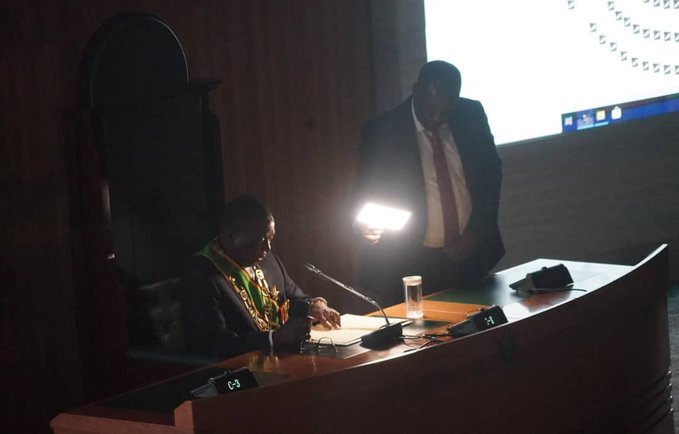
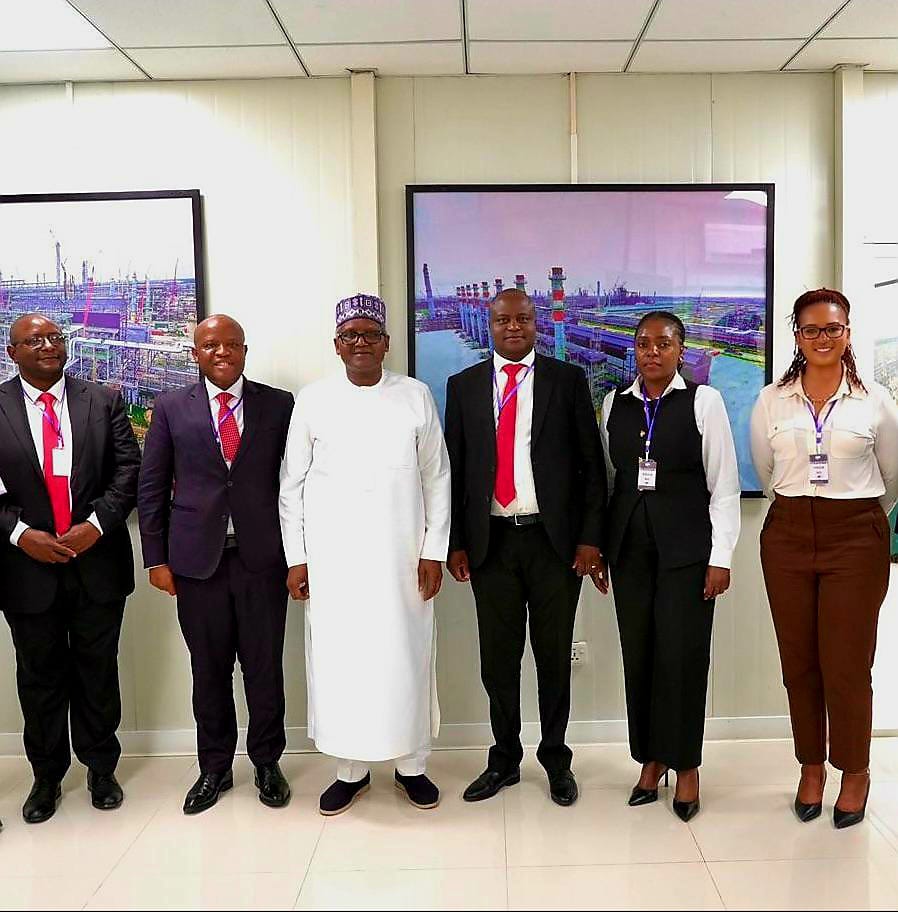
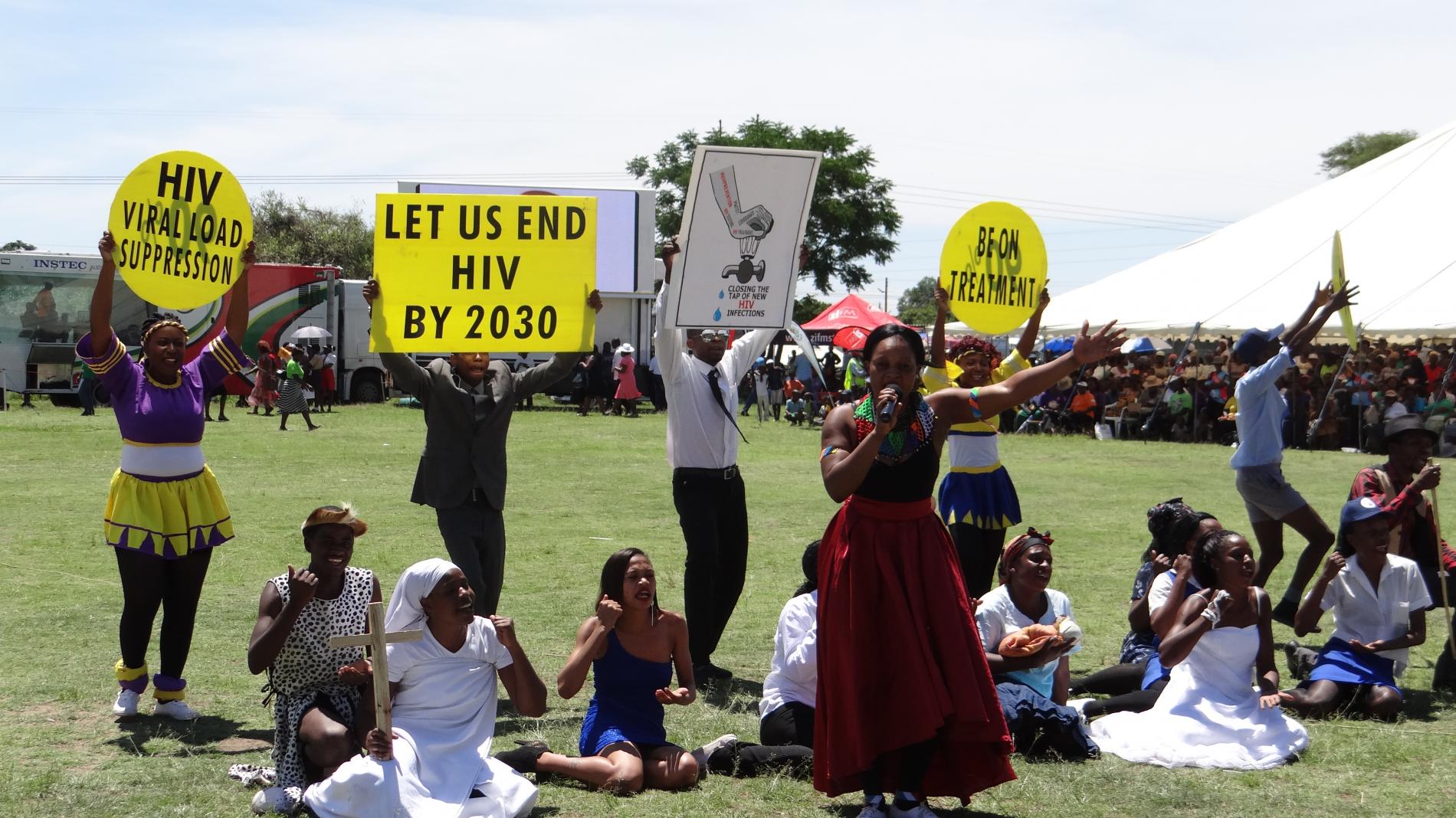
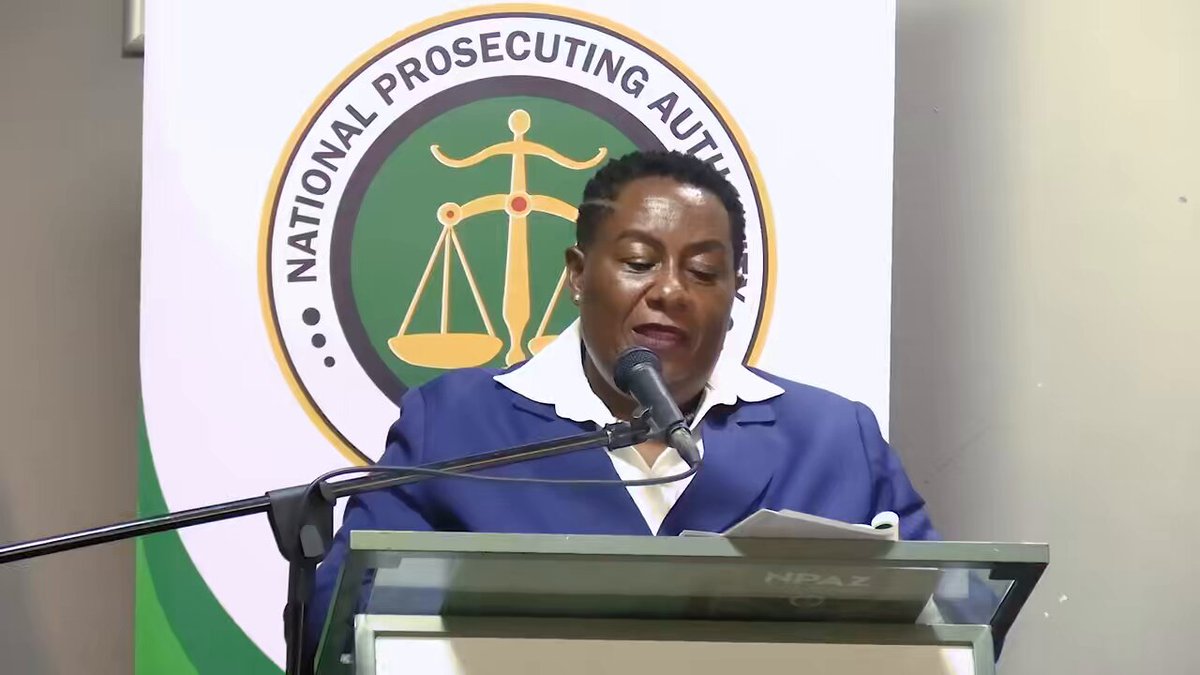


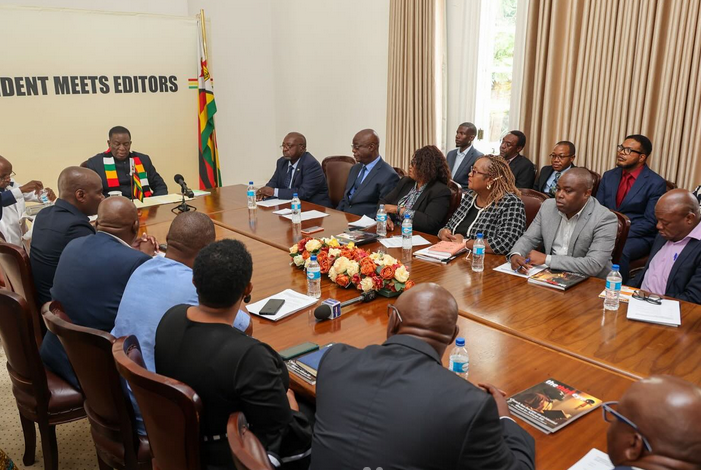
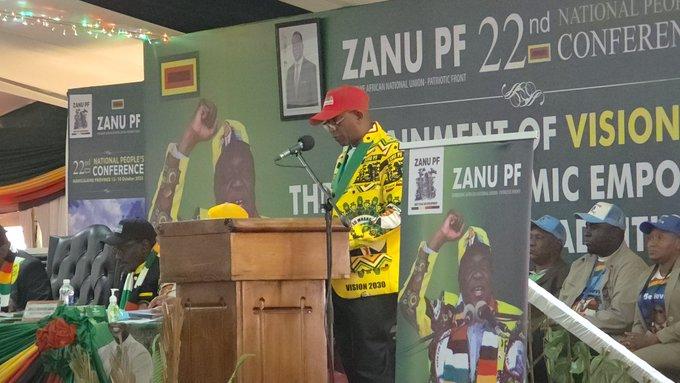
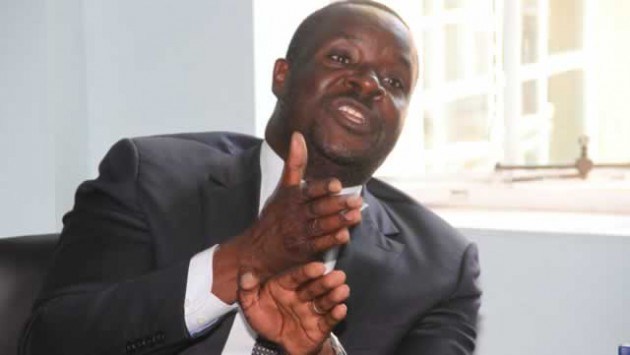

 Young Investment Professional (YIP) Graduate Programme 2019
Young Investment Professional (YIP) Graduate Programme 2019
Editor's Pick